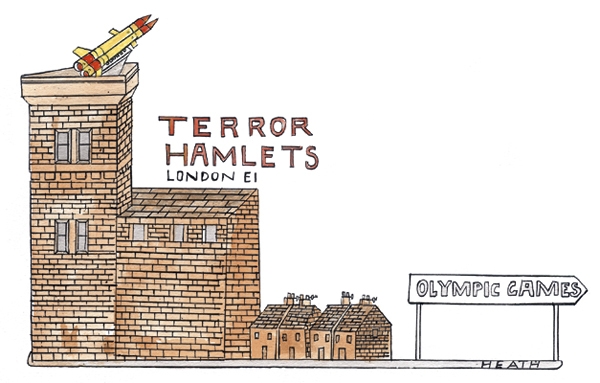Home
A report by the Commons culture media and sport select committee into News International and phone-hacking declared: ‘Rupert Murdoch is not a fit person to exercise the stewardship of a major international company.’ Four of the ten members of the committee did not endorse this finding. David Cameron, the Prime Minister, was called to the Commons to answer a question from Ed Miliband, the leader of the opposition, on whether he would refer the case of Jeremy Hunt, the culture secretary, to the independent adviser on ministerial interests (Sir Alex Allan). The question arose from Mr Hunt’s handling of News International’s application to take over BSkyB. Lord Justice Leveson declined a request from Mr Hunt to appear early before his inquiry into the media. It was also made clear that the inquiry could not rule on whether he broke the ministerial code. Lord Justice Leveson indicated separately that the second half of his inquiry, into criminal responsibility for phone hacking, might never take place. Canada agreed to give Lord Black of Crossharbour a residence permit after his release from prison in the United States.
•••
Mr Cameron asked Theresa May, the Home Secretary, to come and explain to him why there were so many complaints about the length of queues at passport desks run by the Border Agency at Heathrow, with waits of 90 minutes or two hours reported. The government agreed a deal to sell its 40 per cent stake in Actis, the world’s leading emerging-markets private equity fund, which is expected to raise £70 million for the taxpayer. April proved the wettest for more than a century. Floods were widespread. The Badminton horse trials were cancelled. The hosepipe ban in half of England was kept in force, as it was the wrong kind of rain. The number of cannabis farms detected by police doubled from the level four years ago to 7,800. The population of black grouse in northern England has doubled in two years to 1,000.
•••
A 600lb bomb (larger than the bomb that was set off at Omagh in 1998) was found in a van at the Irish border near Newry. A man was charged with possession of a weapon for the discharge of a noxious liquid or gas and with false imprisonment after a short siege of several hours in Tottenham Court Road in London. Residents of a gated community called the Bow Quarter, formerly Bryant and May’s match factory, in east London, received letters announcing trials there for ground-to-air missiles intended to defend the Olympic Games. Roy Hodgson, the manager of West Bromwich Albion, was appointed England manager.
Abroad
French voters prepared to choose between Nicolas Sarkozy, of the UMP, and François Hollande, of the Socialist party, in the second round of presidential elections, on 6 May. Marine Le Pen, knocked out in the first round with 18 per cent of the poll, said that she would be casting a blank ballot. Greece prepared for parliamentary elections on the same day. Standard & Poor’s reduced Spain’s sovereign debt rating by two notches, while the country’s unemployment rose above 24 per cent. Norway’s 100 metre breaststroke champion, Alexander Dale Oen, aged 26, suddenly died of a heart attack
•••
Chen Guangcheng, a blind Chinese dissident who has campaigned against forced abortions, took refuge in the United States embassy in Beijing, but left again after six days. Ban Ki-moon, the UN secretary-general, addressed the parliament of Burma and visited Aung San Suu Kyi, the opposition leader who has been elected to a seat. A ferry capsized on the Brahmaputra, in Assam, drowning at least 103. The price of soya beans, China’s biggest agricultural import, climbed towards a four-year high.
•••
President Barack Obama of the United States made a short visit by night to Afghanistan, where he made a speech for television about America’s determination to stay and ‘finish the job’. Boko Haram, an affiliate of al-Qa’eda, was blamed for a bomb and firearms attack on Catholics hearing Mass at Kano in Nigeria, which left 21 dead. Khalil Dale, a British worker with the Red Cross abducted at gunpoint in January, was found beheaded in Quetta, Pakistan. Charles Taylor, the former president of Liberia, was convicted at the Special Court for Sierra Leone, sitting at The Hague, of aiding and abetting war crimes; he is to be sentenced on 30 May and will serve an expected jail term in Britain. A judge upheld a plan by the Dutch government to ban foreigners from coffee shops where cannabis is tolerated. CSH






Comments